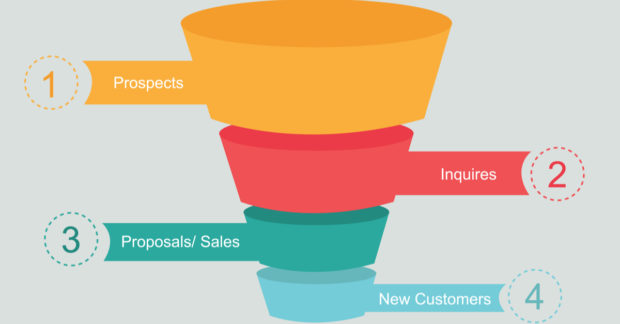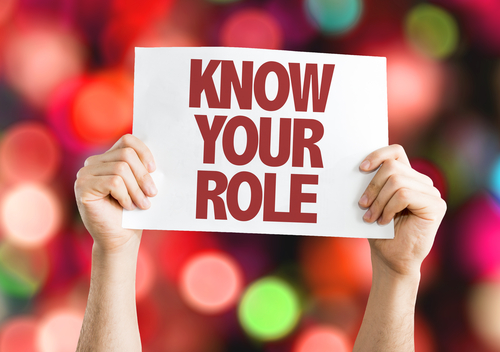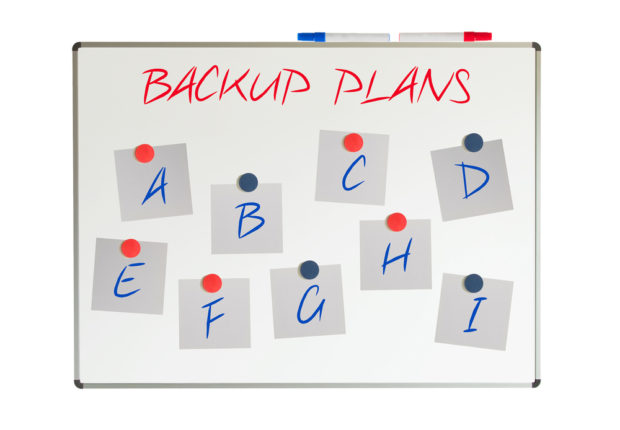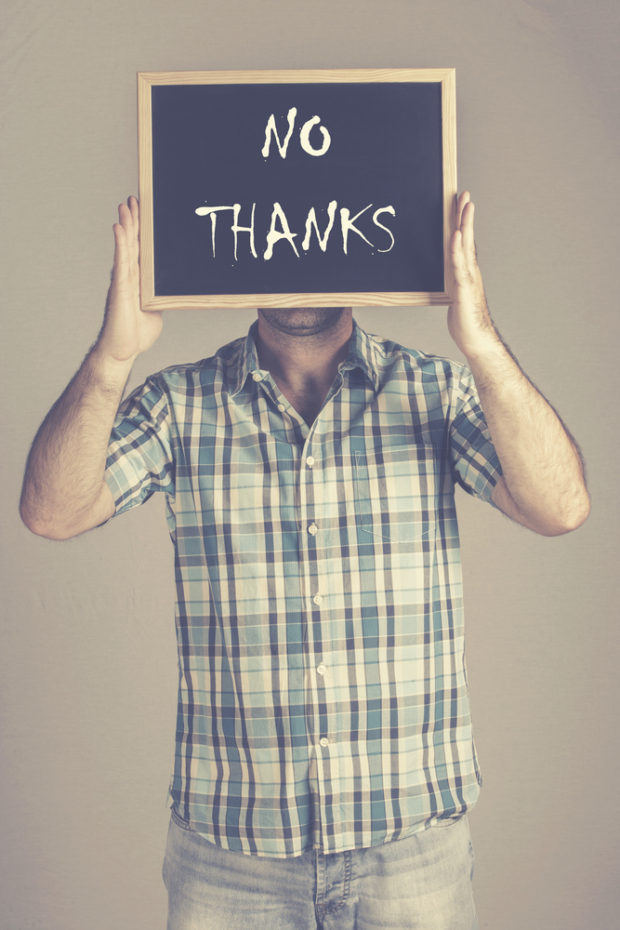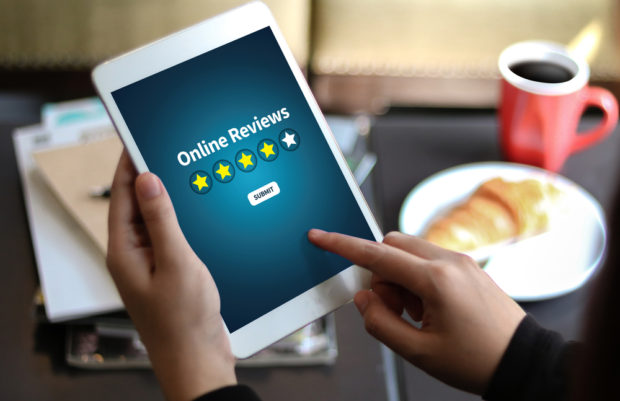By Eric Wenning
I know many of you out there are struggling to advertise on social media with little to no success. Let me guess what you are doing. You have a picture of a packed dance floor in your ad that states something like “Book us because we are AWESOME and PROFESSIONAL” and are clicking on ‘Boost Post,’ thinking that will help bring more traffic to your site and you’ll get more sales…
Am I getting close?
As a successful multi-op who also owns a company that specializes in social media solutions for other companies, I’m here to help you with some of the marketing troubles you face on a day-to-day basis.
First, you have to understand there are many components in a successful ad.
- Targeted Ad Copy
- Targeted Audience
- A Clear and Precise Irresistible Offer (to lure them in)
- A Video to Grab Their Attention
- A Clear Call to Action
- Send your Leads through a Proper Sales Funnel
- Installing a Facebook Pixel so you can track everyone
I know this might seem overwhelming, but you have to first know the ingredients to understand how something’s made, right? Almost all of you running ads are running them to COLD Traffic. Say what, Eric? WARM and HOT Traffic are leads from a friend, family or vendor referral. Cold Traffic are people that have NO IDEA who you are.
You have to target Cold Traffic differently than you would Warm and Hot Traffic.
What makes you stand out from your competition when it comes to Cold Traffic? Almost nothing until you get them on the phone, right? All they see are the same flashing lights and people having fun that appear in any DJ ad. But what can make your company look different in their eyes…
You have to understand that people price shop tangible products all the time. You and I both do it. We do it at the grocery store, Amazon, anywhere we can save a buck. Now put yourself in the bride and Groom’s shoes as they look at your company and your competition. The prices are almost the same, but what is going to give that Cold Traffic a push in your direction?
An offer they can’t refuse.
Without getting into the dreaded price conversation, you have to understand once that couple becomes a client they are more likely to spend more money because you have a trust factor with them. Prospects that are still on the fence are a harder sell to because you have not gotten them emotionally involved. The method to sell to Cold Traffic is to get them in at a cheaper price with an Irresistible Offer and then UP-SELL them once they are a client.
To accomplish this, make sure you have an Irresistible Offer. Make sure that offer is clear and precise. Make sure to have a clean landing page that CLEARLY states the offer you are making or your ad may get denied from Facebook.
Start with a broad audience, then narrow it down and retarget the people that saw your ad and did not convert. Create a video that has Stopping Power, meaning your video makes them stop and watch so you can explain your offer. Stop just using photos.
To recap, start CREATING COMPELLING ads instead of just boosting a post, and start to Funnel Your Clients!
In addition to his highly successful multi-op business in Pittsburgh, PA, Eric has degrees in Graphic Design and Marketing and also owns a full ad agency that specializes in Social Media Advertising for many different types of companies. For more info or to contact Eric visit www.wenningmethod.com

